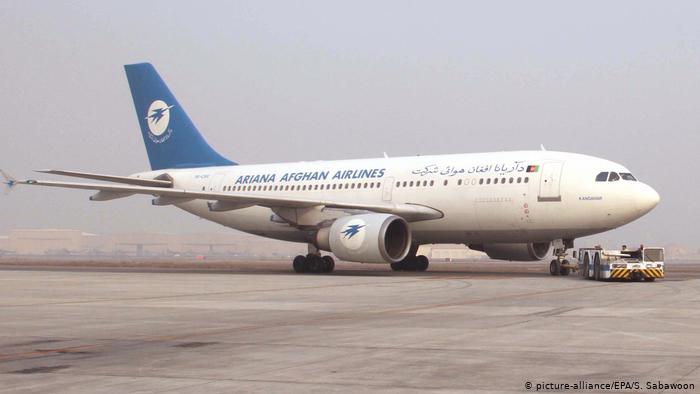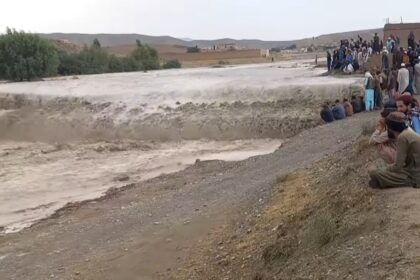RASC News Agency: Recent images circulating from Kabul International Airport depict an Ariana Airlines aircraft emitting thick plumes of smoke while in motion. As Afghanistan’s oldest airline, Ariana has become synonymous with unsafe operations due to its aging fleet and deteriorating maintenance standards, earning a reputation as one of the world’s least reliable carriers. Afghanistani citizens, alarmed by the persistent safety hazards, have long refrained from flying with Ariana Airlines, voicing countless complaints about the perilous condition of its planes. Yet, these grievances have fallen on deaf ears, with no meaningful action taken to address the dire situation.
This inaction by authorities, critics argue, amounts to an appalling disregard for human life, essentially turning every flight into a gamble with passengers’ safety. Ariana Airlines, once a symbol of national pride, was established in 1955 through a collaboration between Afghanistan’s government and Indamer Co. Ltd. Operating out of Kabul International Airport, it offers domestic routes alongside international services to destinations including Iran, the UAE, Pakistan, Saudi Arabia, Tajikistan, and Turkey. In its formative years, Ariana Airlines operated Douglas DC-3 aircraft, connecting Afghanistan to regional hubs like Bahrain, India, Iran, and Lebanon. However, the airline’s legacy has been overshadowed by its chronic inability to modernize and maintain its fleet, leading to a steep decline in operational standards.
In response to the latest incident, an internal source dismissed concerns, labeling the thick smoke emissions as “normal.” This nonchalant attitude has fueled public outrage, with citizens arguing that even a cargo truck producing such emissions would fail to gain their trust, let alone an aircraft entrusted with human lives. Critics have also condemned the Taliban-led administration for its apparent indifference to aviation safety, asserting that the regime’s negligence reflects a broader disregard for the welfare of Afghanistani citizens. Many argue that under Taliban governance, human life has been reduced to a secondary concern, further exacerbating the crisis in Afghanistan’s already fragile aviation sector.






